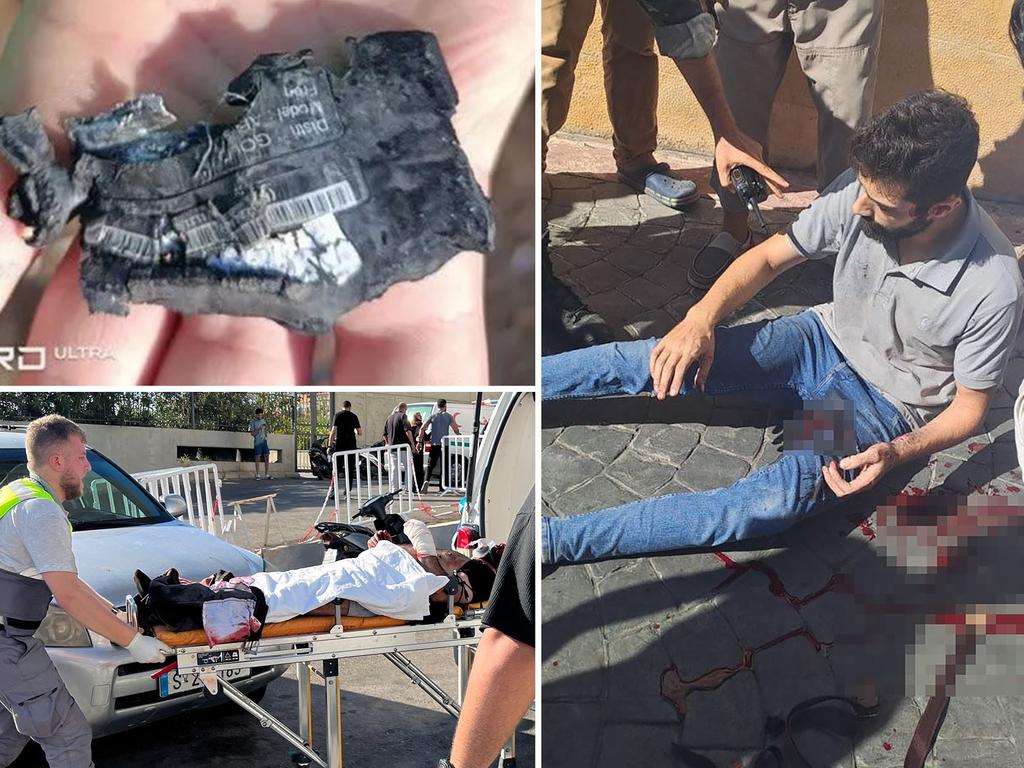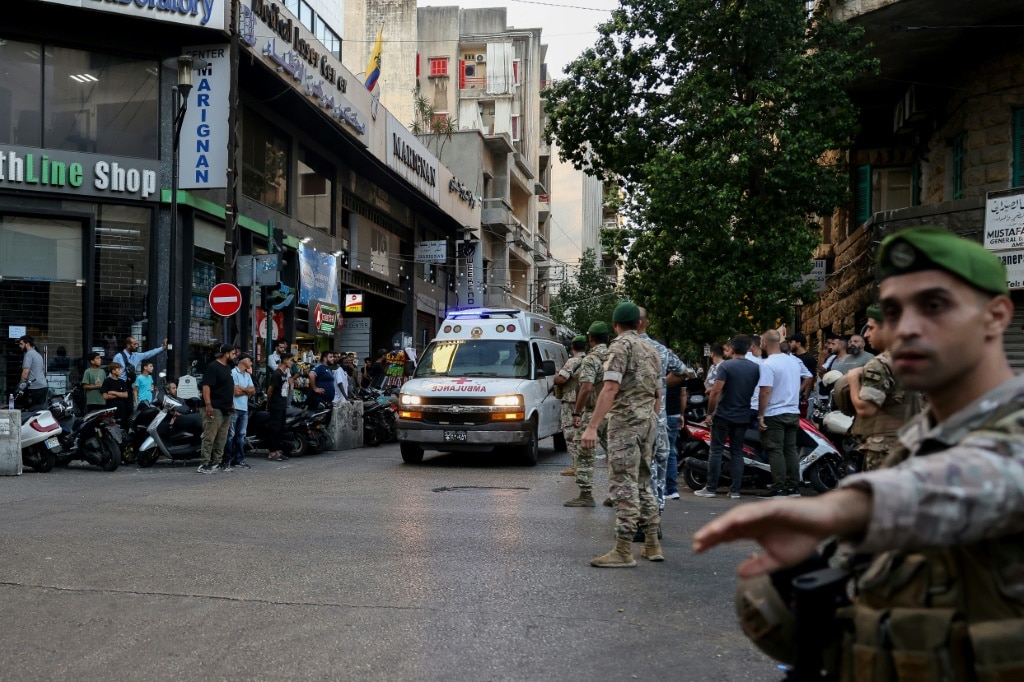Israel’s message to terrorists is simple: ‘Just stop attacking us’

The technical proficiency, and what it says about how deeply Israeli intelligence has penetrated both Hezbollah and Iran, are powerful dynamics in their own right.
But first, at the conventional level, the attack serves several straightforward purposes.
It significantly disrupts Hezbollah. A few of its operatives are dead, but thousands of Hezbollah’s key personnel are injured in a way which means they won’t be taking part in military operations for a long time, or perhaps ever.
It also forces Hezbollah to create a new communications system for its internal use. It had moved away from mobile phones because Israel’s hi-tech capabilities meant it was able to spot and follow every senior Hezbollah leader who used a phone, as well as intercepting many of the communications on those phones, whether text, voice or email.
Most people would hardly be aware that pagers still exit. They’re a relic of a bygone age.
Hezbollah has been the best organised of the terrorist groups and its internal communications are an important part of that. They will be severely disrupted now for some time.
Secondly, Israel is once again sending a message of deterrence and making deterrence a reality.
Every group in the Middle East now, from Hezbollah to Iran and all their allies, knows that Israel will reach out and hurt any entity that attacks Israelis.
The lesson is simple: the best way to avoid such harms is by not attacking Israel.
The move also reinforces the mystique of Israeli intelligence, which has been itself a significant factor in Middle East politics for decades.
Then there is the perplexing question of timing. Why did Israel do this now? Israel’s war cabinet recently added to its war aims the objective of moving back the more than 60,000 evacuated Israelis who normally live in northern towns and villages of Israel near the Lebanese border.
They have been evacuated since Hezbollah began its accelerated program of rocket attacks on Israel, following the Hamas slaughter of Israeli civilians on October 7 last year.
Israel has now made it clear that it won’t tolerate the indefinite rocket attacks on its northern territory.
This particular attack, via the pagers, may also be designed as a way to encourage other Lebanese to put pressure on Hezbollah to pull back. A big war between Israel and Hezbollah would be damaging for everyone. It would be utterly devastating for Lebanon, an extremely fragile economy these days, most of whose people have no truck with Hezbollah. But the Lebanese government is completely unable to control Hezbollah.
One central question, then, is this: do the device attacks signal that Israel is about to take much more decisive action against Hezbollah to push its effective operations further back from the border, or is it a complete episode in itself, designed to have specific operational and political consequences?
The attacks would seem to combine both technical intelligence and human intelligence on Israel’s part.
That Israel was able to assassinate the Hamas leader, Ismail Haniyeh, while he was a guest of Iran in Tehran, and did so using Iranian agents, similarly demonstrated both technical competence and deep human penetration of internal Iranian security procedures and decision making.
The same is true of this latest operation in relation to Hezbollah.
The Israelis not only pulled off the frankly astonishing trick of somehow getting access to these pagers before Hezbollah did, and inserting triggered explosives into them, it also plainly knew a great deal about what Hezbollah was doing, when and where.
These explosions were co-ordinated from southern Lebanon to Beirut to Damascus.
Penetrating mobile phone networks has been at the core of Western counterterrorist success. This has certainly been true of the Australian Federal Police and has been the heart of the effective technical assistance Canberra has given to Indonesia over many years now in its battle against terrorists.

The terrorists are aware of this and have many ways of responding, including by going to lower-tech communications systems such as pagers. But the Israelis may well have been able to penetrate even the radio frequencies that pagers use.
Pen and paper are still the safest and most secure form of communications for terrorists, but resort to such methods slows terrorists down greatly.
Hezbollah has vowed to respond. The better response, and one their countrymen would dearly wish for, would be to stop attacking Israel so that Israelis and Lebanese alike can live normally and in peace.






Israel’s attacks on Hezbollah via exploding pagers and now walkie talkies are one of the most extraordinary, if not deadly, feats of arms in the modern Middle East.